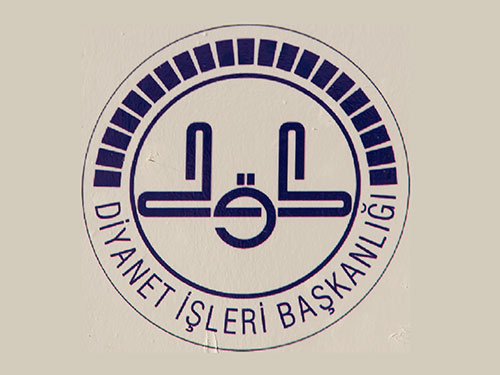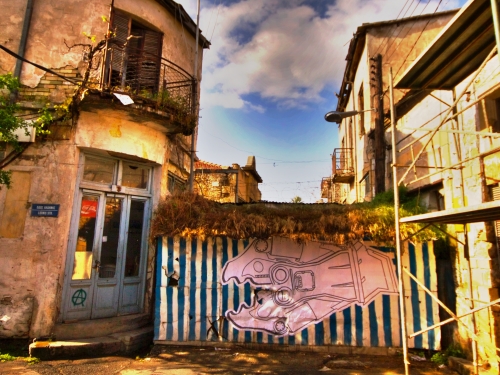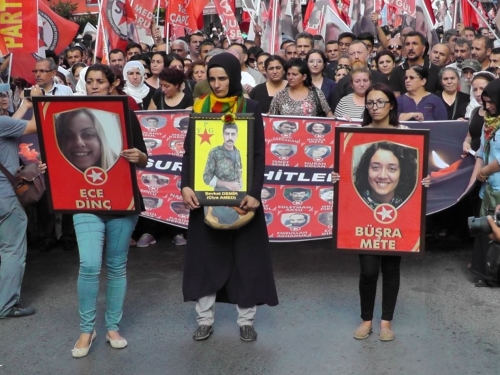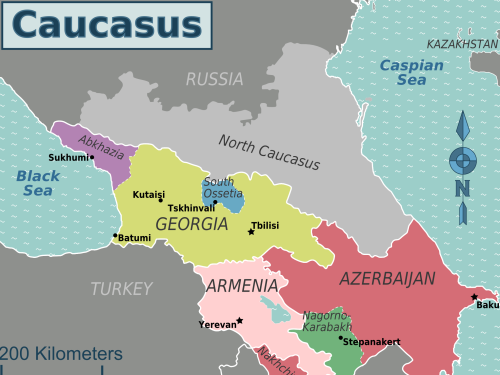This article was originally published by the War on the Rocks on 9 February 2016.
Recent gains by the Assad regime in its ongoing northern offensive — in particular, the recapture of the Shiite towns of Nubl and Zahra — pose a significant geostrategic threat to Turkey and the opposition groups based in and around Azaz. The regime and its allies are now in a favorable position to cut the lines of communication between the Turkish border areas and the rebel-held city of Aleppo. Such an outcome now seems inevitable given major Russian and Iranian support for regime forces. As a matter of fact, the regime, backed by the Russian air-ground campaign, has been successfully advancing towards the Turkish frontier areas at the time of writing. In this regard, it should be noted that the Russian air force detachment in Syria enjoys high sortie rates as a result of Hmeymim Airbase’s proximity and an effective sortie-to-strike ratio stemming from good intelligence preparation of the battlefield (IPB). An expansion of Russian military advisors on the ground has enabled efficient coordination between close air support platforms and advancing Syrian Arab Army units, while the elite Iranian Quds Forces and Lebanese Hezbollah drive forward fueled by sectarianism and experience in hybrid conflicts.





